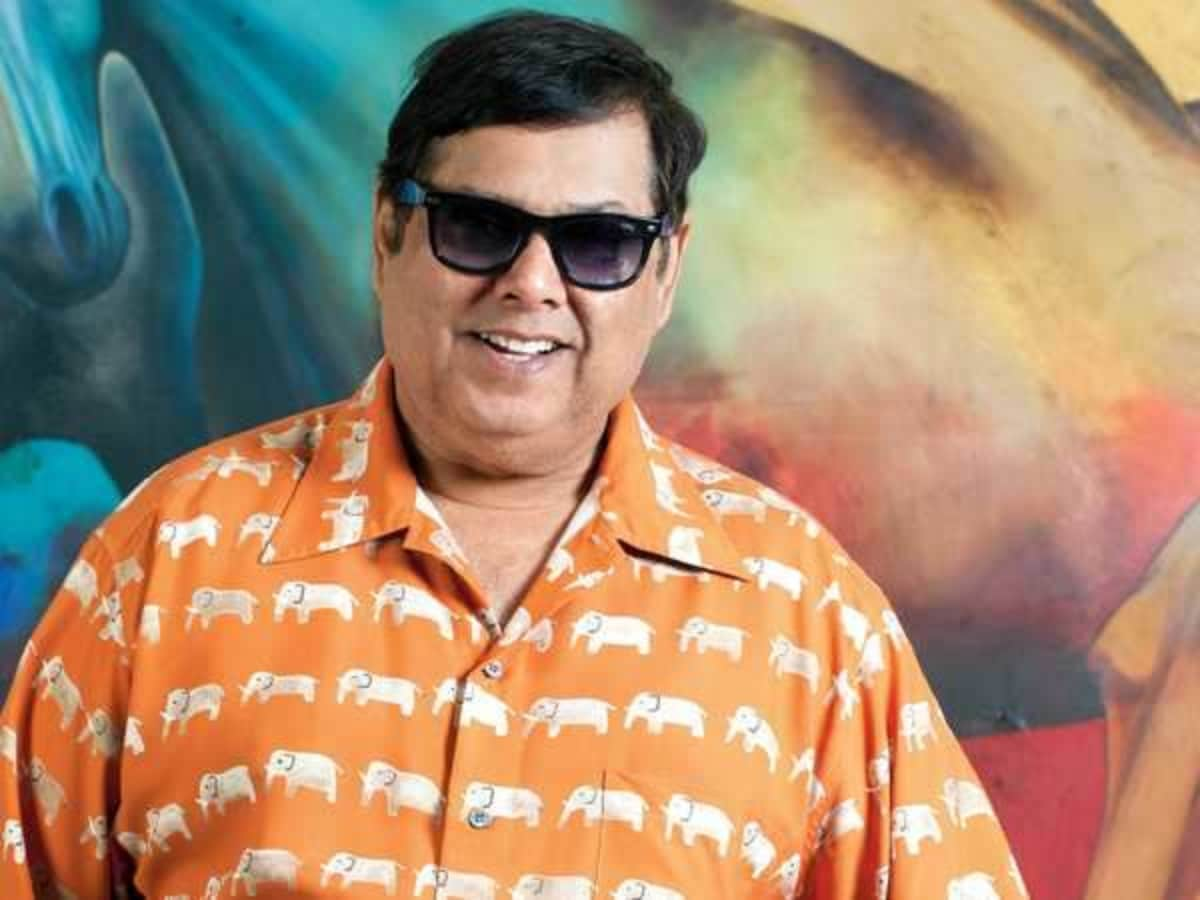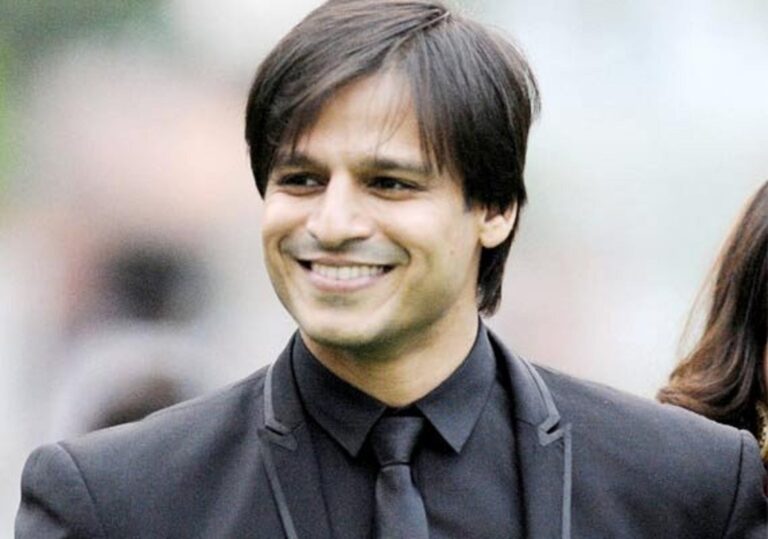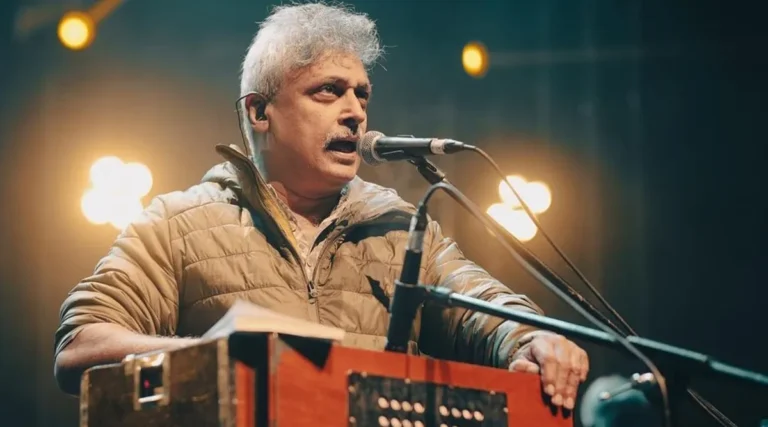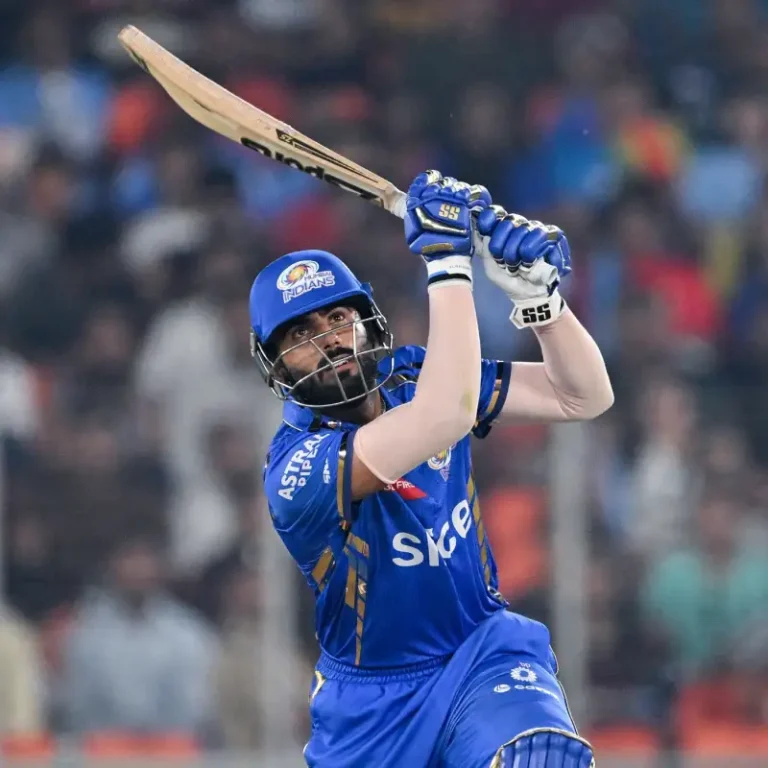David Dhawan: The Maestro of Bollywood Comedy
David Dhawan is a name that stands synonymous with comedy in Bollywood. With an illustrious career spanning over three decades, he has helmed numerous box-office hits and created a distinct identity as one of India’s most successful filmmakers. Known for his knack for slapstick humor, quirky characters, and engaging storytelling, Dhawan has crafted a legacy defined by laughter. He has been instrumental in shaping the comedic genre in Bollywood, delivering crowd-pleasing films that transcend generations. From the iconic partnership with Govinda to collaborating with his son Varun Dhawan, David Dhawan’s contributions to Indian cinema remain unmatched.
This article delves into the life, career, and influence of David Dhawan, examining his cinematic style, pivotal movies, collaborations, and legacy in Bollywood.
David Dhawan Early Life and Entry into the Film Industry

Born as Rajinder Dhawan on August 16, 1955, in Agartala, Tripura, India, David Dhawan hailed from a Punjabi family. His father worked as a manager in a production company, and though they had no direct ties to the entertainment world, Dhawan’s love for films blossomed at an early age. He spent most of his childhood in Kanpur, Uttar Pradesh, where he completed his schooling.
From a young age, Dhawan was fascinated by films. After completing his education, he joined the Film and Television Institute of India (FTII) in Pune, where he trained as a film editor. FTII provided him with a strong foundation in the technical aspects of filmmaking, particularly in pacing, rhythm, and storytelling, skills that would serve him well as a director. Editing shaped his early career, but Dhawan was always determined to step behind the camera.
Directorial Debut: The First Steps into Bollywood
Dhawan’s directorial journey began with Taaqatwar in 1989, starring Sanjay Dutt. Although the film was not a massive success, it was a significant stepping stone for Dhawan’s career. His real breakthrough came in 1990 with Swarg, a drama starring Rajesh Khanna and Govinda. The film performed well at the box office and marked the beginning of a long and fruitful association between Dhawan and Govinda.
Swarg demonstrated Dhawan’s talent for blending emotional drama with lighthearted moments, a trait that would later define his filmography. It was in this phase that Dhawan began to develop his distinctive style of filmmaking—slapstick humor combined with colorful characters and fast-paced narratives. However, his true calling emerged in the comedic genre.
The Dhawan-Govinda Collaboration: A Comedy Goldmine
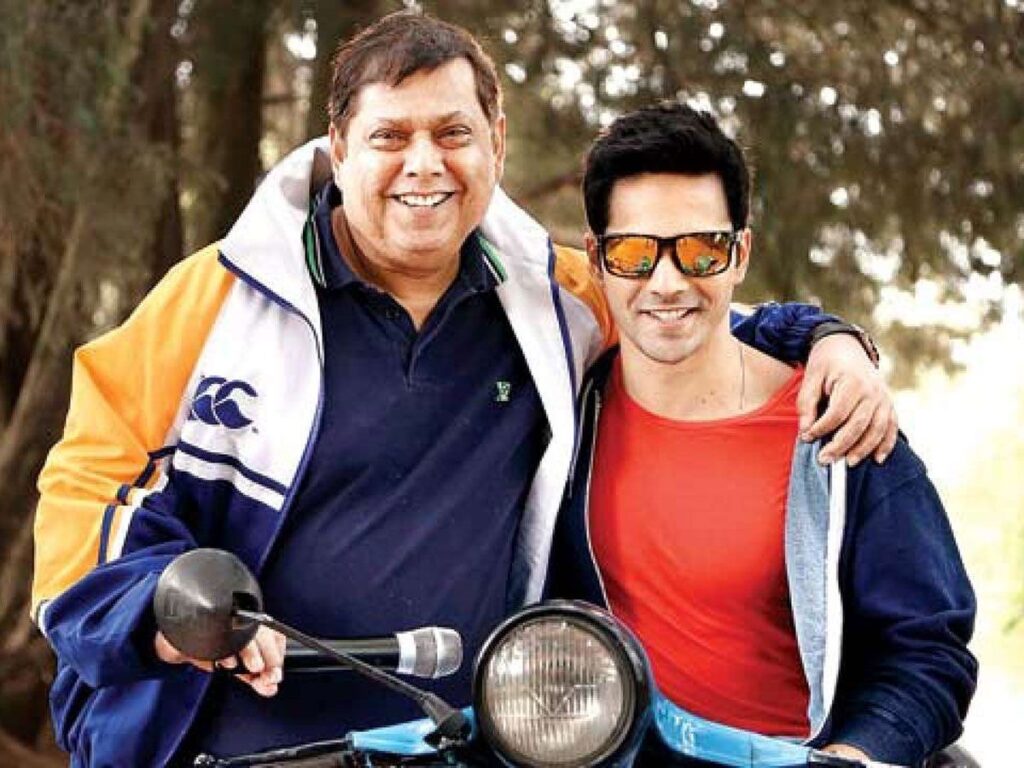
In the 1990s, David Dhawan’s partnership with Govinda revolutionized Bollywood comedy. Together, they created a string of hit films that dominated the box office and entertained audiences across India. Govinda, known for his impeccable comic timing and effortless charm, became Dhawan’s go-to actor for comedy, and their collaboration defined an era.
Their first major success was Shola Aur Shabnam (1992), a romantic action comedy that was both a critical and commercial success. However, it was Aankhen (1993) that truly established Dhawan as a comedy maestro. The film, a comedy of errors, became one of the highest-grossing films of the year and catapulted both Dhawan and Govinda into the limelight.
The success of Aankhen paved the way for more iconic films like Raja Babu (1994), Coolie No. 1 (1995), Saajan Chale Sasural (1996), Hero No. 1 (1997), and Deewana Mastana (1997). Each of these films showcased Dhawan’s mastery of slapstick humor and situational comedy, while Govinda’s energetic performances, colorful attire, and impeccable dance moves added to the charm.
Coolie No. 1 and the Formula for Success
Coolie No. 1 is perhaps the most iconic film from the Dhawan-Govinda collaboration. Released in 1995, the film was a blockbuster hit and remains a cult favorite to this day. In this comedy, Govinda plays a coolie who pretends to be a wealthy man to marry a rich girl, portrayed by Karisma Kapoor. The film’s outrageous plot, hilarious misunderstandings, and catchy music made it an instant classic. Dhawan’s direction kept the pace brisk and ensured that there was never a dull moment, with punchy dialogues and comic set-pieces driving the film forward.
The success of Coolie No. 1 cemented Dhawan’s reputation as the king of masala entertainers. The film not only appealed to the masses but also introduced a winning formula that Dhawan would replicate in many of his future projects—mistaken identities, outlandish situations, and eccentric characters all intertwined with humor and romance.
Signature Style: What Makes a David Dhawan Film?

David Dhawan’s films are marked by several distinctive elements that have come to define his unique style. Over the years, he has developed a formula that blends traditional Bollywood entertainment with a flair for comedy. Some of the signature aspects of a David Dhawan film include:
- Slapstick Comedy: At the heart of every Dhawan film is slapstick humor. From physical comedy to hilarious misunderstandings, Dhawan’s films rely on situations that escalate into chaos, resulting in comic gold.
- Larger-than-Life Characters: Dhawan’s characters are often exaggerated and over-the-top, with distinct quirks that make them unforgettable. Whether it’s Govinda’s lovable buffoon or Kader Khan’s scheming father, each character brings something unique to the table.
- Fast-Paced Narratives: Dhawan keeps the pace of his films fast and furious. There’s little time for introspection, with the focus on keeping the audience entertained through rapid-fire dialogues, twists, and funny set-pieces.
- Catchy Music: A David Dhawan film is incomplete without a chart-topping soundtrack. From peppy dance numbers to romantic ballads, music plays a central role in his films. Songs like “Main Toh Raste Se Ja Raha Tha” from Coolie No. 1 and “Sona Kitna Sona Hai” from Hero No. 1 became overnight sensations and are still popular today.
- Ensemble Casts: Dhawan frequently works with large ensemble casts, bringing together multiple comic talents in one film. Regular collaborators like Govinda, Shakti Kapoor, Kader Khan, and Johnny Lever contributed significantly to the comedic landscape of his films.
Transitioning into the 2000s: The Changing Bollywood Landscape
As Bollywood evolved in the early 2000s, so did Dhawan. His signature brand of slapstick humor faced competition from films that delved into more serious and realistic subjects. The audience’s tastes were changing, with an increasing demand for different kinds of content. However, Dhawan remained relevant by evolving his style while staying true to his roots.
In 2003, Dhawan directed Mujhse Shaadi Karogi, a romantic comedy starring Salman Khan, Akshay Kumar, and Priyanka Chopra. The film was a significant box office success and demonstrated Dhawan’s ability to adapt to the changing tastes of audiences. Mujhse Shaadi Karogi was a more polished and refined comedy, combining romance and humor in a way that appealed to both younger and older audiences.
The 2007 film Partner, starring Salman Khan and Govinda, was another major success for Dhawan. Loosely based on the Hollywood film Hitch, Partner brought Dhawan back to his comedic roots, and audiences loved the chemistry between the two lead actors. The film reaffirmed Dhawan’s position as one of Bollywood’s leading directors of comedy, even as the industry continued to evolve.
Collaborating with Varun Dhawan: A New Era
As the 2010s rolled in, David Dhawan found a new muse in his son, Varun Dhawan, who made his acting debut in 2012 with Student of the Year. In 2014, David Dhawan and Varun collaborated for the first time in Main Tera Hero. The film, a romantic comedy, was filled with the same slapstick humor and fast-paced storytelling that defined Dhawan’s earlier films. Varun’s youthful energy and charisma made the film a hit, introducing Dhawan’s brand of comedy to a new generation of viewers.
Their next collaboration came in 2017 with Judwaa 2, a remake of Dhawan’s 1997 film Judwaa, which starred Salman Khan in a double role. In Judwaa 2, Varun reprised the dual role, playing the mischievous twins Raja and Prem. The film was a box-office success and became one of the highest-grossing films of the year. With Judwaa 2, Dhawan proved that his formula of slapstick comedy, mistaken identities, and catchy music still worked wonders, even decades later.
Signature Films: An In-Depth Look at Some of Dhawan’s Classics
Raja Babu (1994)
This comedy-drama, starring Govinda and Karisma Kapoor, showcased Dhawan’s ability to combine humor with emotion. The story of an uncouth village boy trying to win the heart of a city girl, Raja Babu became a fan favorite due to its humorous situations, Govinda’s impeccable comic timing, and catchy songs. The film also featured a memorable performance by Kader Khan as Govinda’s father, adding emotional depth to the otherwise light-hearted narrative.
Hero No. 1 (1997)
Hero No. 1 cemented the David Dhawan-Govinda
collaboration as a box-office powerhouse. The film revolves around a rich young man who pretends to be a servant to win over the family of the woman he loves. The film’s humorous situations, colorful characters, and infectious energy made it a huge success. It was the perfect example of Dhawan’s ability to craft entertaining narratives from simple premises.
Biwi No. 1 (1999)
Starring Salman Khan, Karisma Kapoor, and Sushmita Sen, Biwi No. 1 was one of the highest-grossing films of 1999. The film’s premise of a married man juggling an affair with another woman provided ample scope for comedy, and Dhawan handled it with his signature flair. The film’s success highlighted Dhawan’s versatility, showing that he could handle complex storylines while still delivering laughs.
Mujhse Shaadi Karogi (2004)
Dhawan’s Mujhse Shaadi Karogi marked a shift in his filmmaking style. The film featured a modern aesthetic, with stunning visuals and a more sophisticated brand of comedy. Salman Khan and Akshay Kumar played rivals competing for the affection of Priyanka Chopra, with hilarious consequences. The film’s unique blend of humor, romance, and emotion resonated with audiences, making it one of the biggest hits of 2004.
David Dhawan’s Legacy: A Director Who Defined Comedy
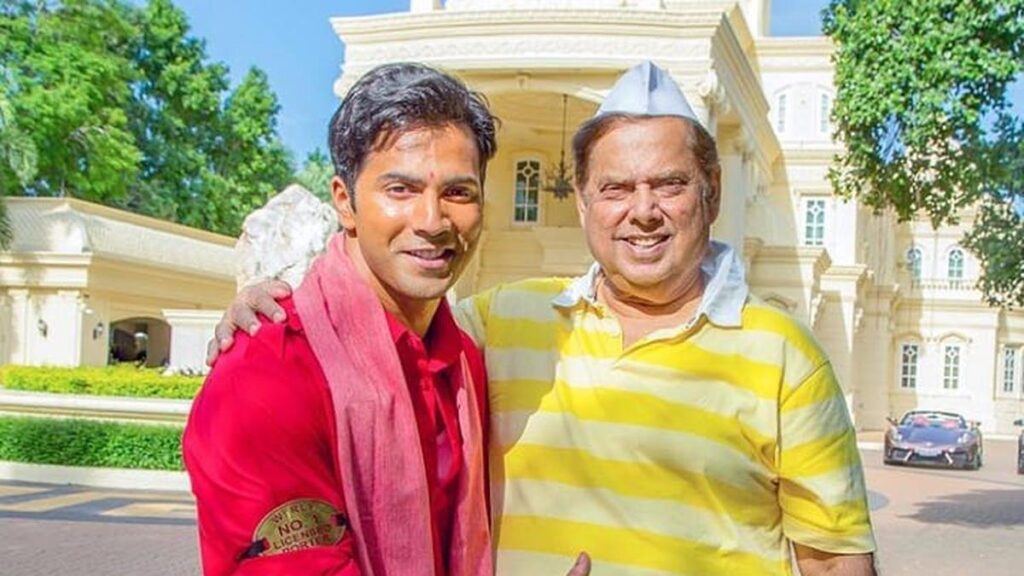
David Dhawan’s influence on Bollywood is undeniable. His films have entertained millions of people over the years, providing much-needed relief from everyday life through humor and escapism. With more than 40 films to his name, Dhawan has not only been a prolific director but also a trendsetter in the comedy genre. His mastery of slapstick humor, combined with his ability to stay relevant in an ever-evolving industry, makes him one of Bollywood’s most successful and enduring filmmakers.
In many ways, Dhawan’s legacy can be seen in the new generation of directors and actors who continue to draw inspiration from his films. Moreover, his son, Varun Dhawan, is carrying forward the family name, collaborating with his father to create films that appeal to both old fans of David Dhawan’s work and new audiences.
As Bollywood continues to evolve, David Dhawan remains a testament to the power of laughter. His films will continue to be celebrated for their humor, energy, and ability to bring people together. Through his incredible body of work, Dhawan has earned his place as the undisputed king of Bollywood comedy.
